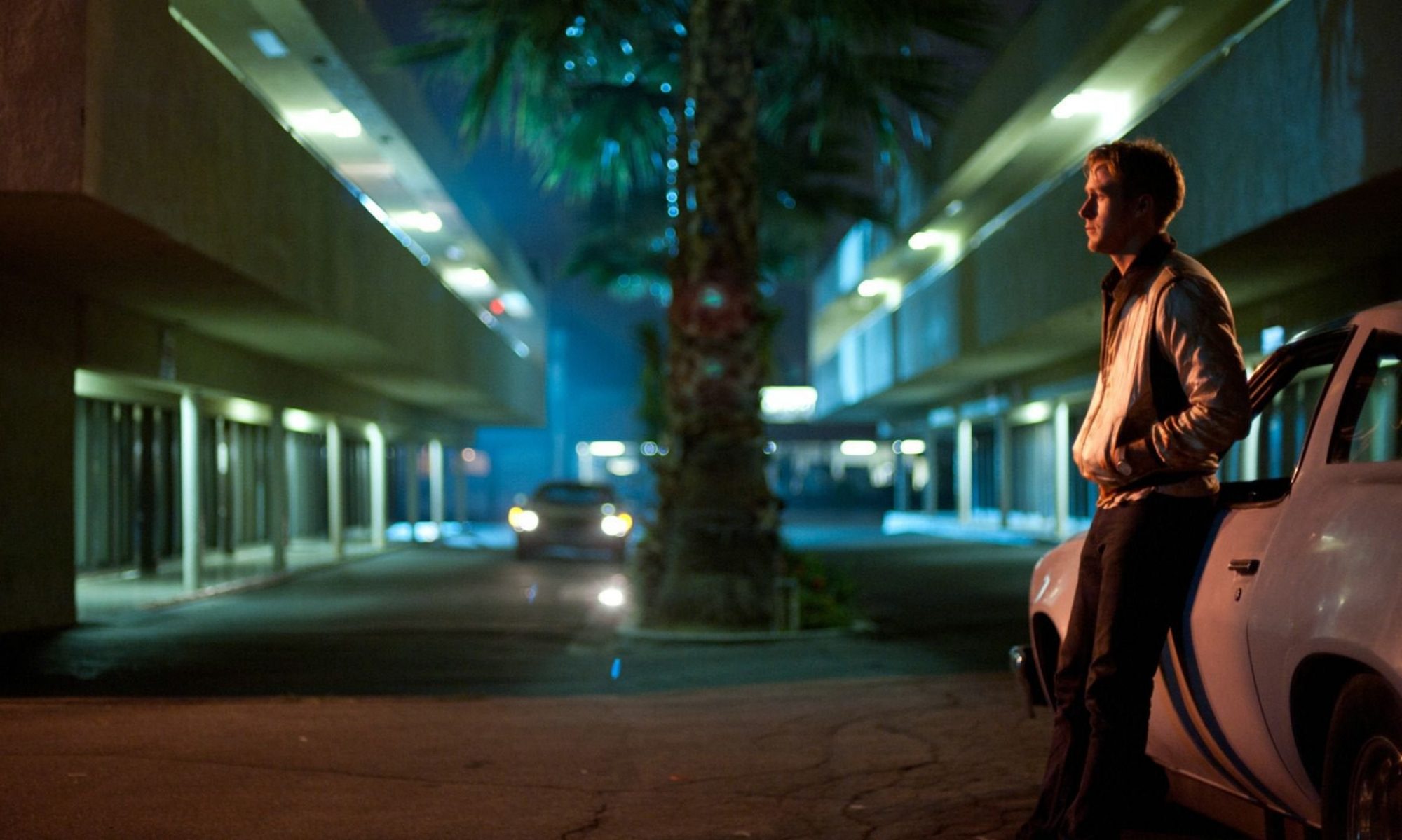Forget about those braaams for a moment (y’know, that big BWAHH noise which Inception popularised). They were great at the time, but became so overused in movie trailers that they don’t have that same zing. Hans Zimmer certainly wasn’t happy with the way they become so popular, so take some advice from the maestro and give those loud boys a back seat for the moment.
Instead, take a bit of time (pun not particularly intended) to appreciate Zimmer’s emotional denouement ‘Time’. Admittedly, the song has had more than enough appreciation since its release, and rightfully so, if a bit much at times (pun not particularly intended here either). I went to a candlelight concert recently where the speaker declared the piece to be one of the greatest compositions of all time (was she intending a pun here? Who knows?), which, considering the breadth of humanity’s musical history, is perhaps a tad hyperbolic. ‘Time’ is though, nonetheless, an absolute banger of epic proportions.
It’s always worth looking back at that iconic scene in Inception to truly appreciate how brilliantly ‘Time’ works in the film’s final moments. As Dom Cobb suddenly awakes from the dream, the score lulls the audience into a similar combination of confusion and calm as he slowly adjusts to his surroundings and looks at the faces of his colleagues in disbelief as if to double check the success of their dream heist. With the slow base cellos still clearly heard, Cobb aims a particularly expectant stare at Saito, who appears to take the pivotal call allowing Cobb to return to his children (it would have been a bit of a downer if he didn’t and just decided not to acknowledge Cobb and get away with stealing Fischer’s assets regardless. Anyway…moving on). The chords disappear for a moment as Cobb (and thus, the audience) wait in anticipation to see if he is able to cross the immigration checkpoint. Once his freedom is confirmed Johnny Mar’s groovy guitar comes into the soundscape and assures us that everything’s gonna be alright, and the cellos return for the ride too, rising in triumphant glory as Cobb notes Eames and an oblivious Fischer, finally spotting his father-in-law and returning home.
The final stinger is, of course, one of the best in recent movie history (and that ain’t hyperbole). Cobb spins his totem on the table as he looks up to see his children and the score starts to diminish. Cobb embraces them while the camera ominously pans to the totem. It’s those last sounds, that final pained piano note as we see the totem wobble in the last half-second that really kicks you in the face. It’s probably ok. But is it really ok? Is Cobb in a dream? Is it Moll’s dream (that’s my personal take, but there are many, many takes)? Will Nolan ever explain his theory? Probably not. The more you hide, the more intrigue there is for the audience. And that’s how I like it.
